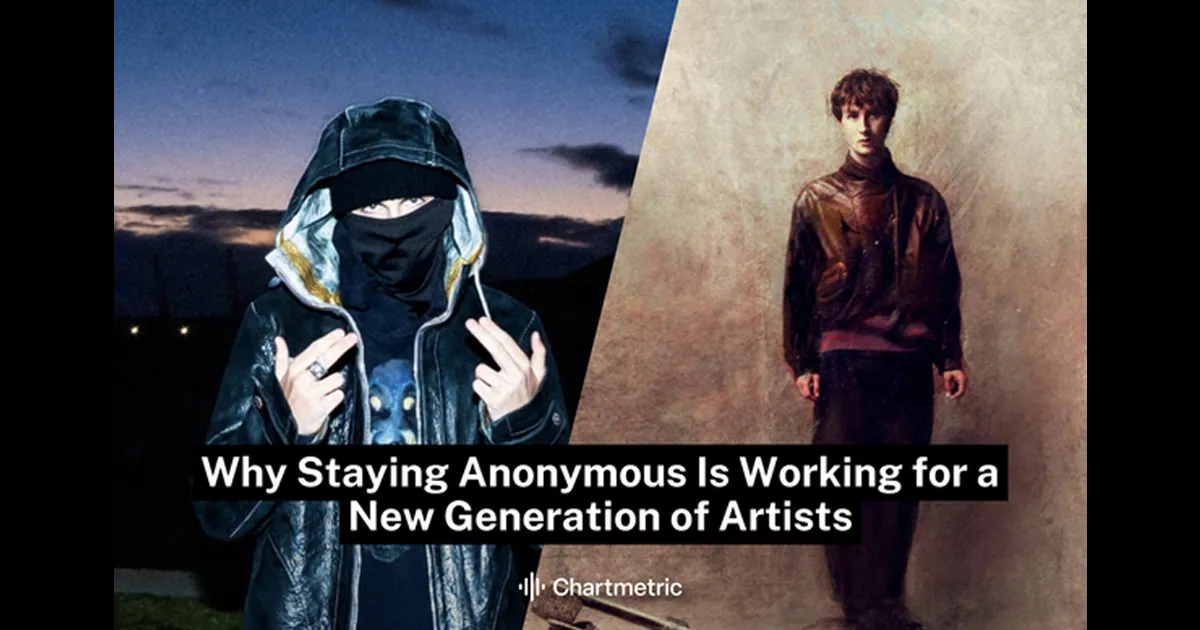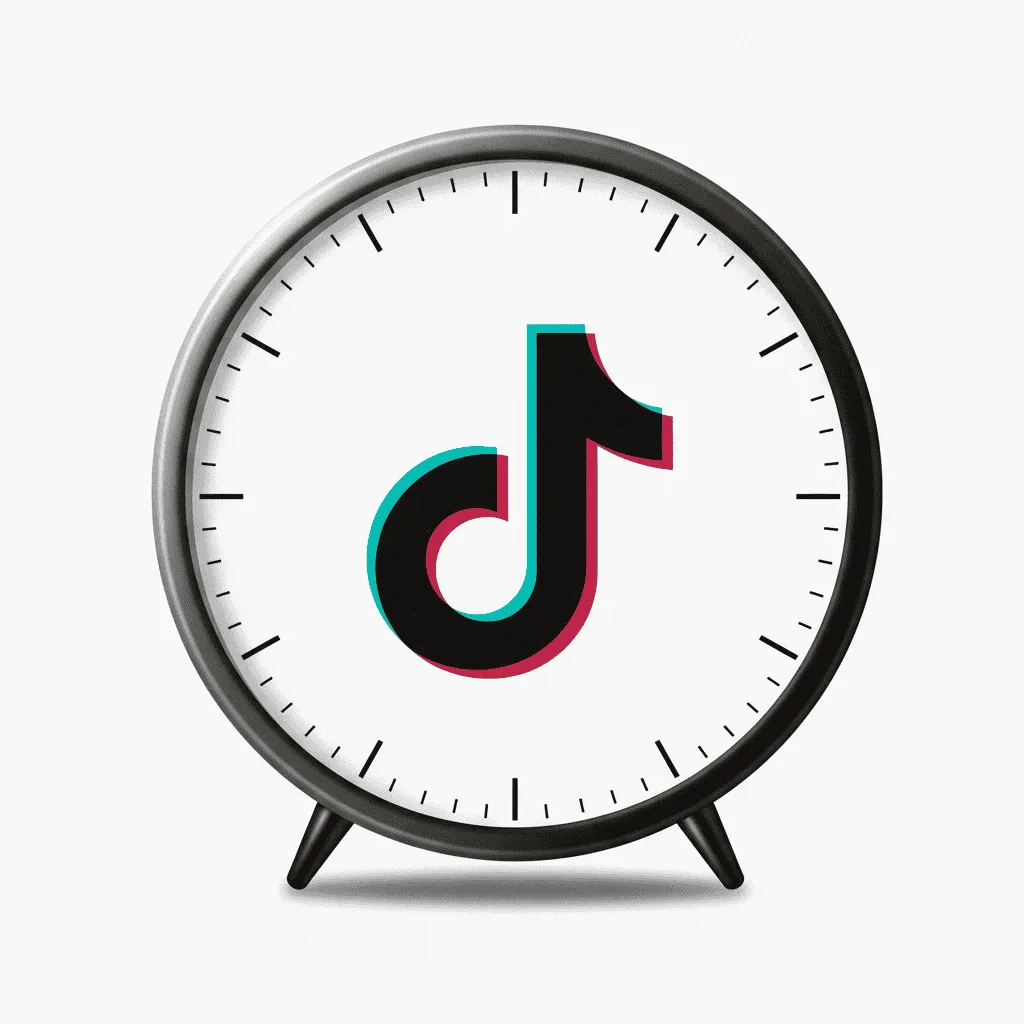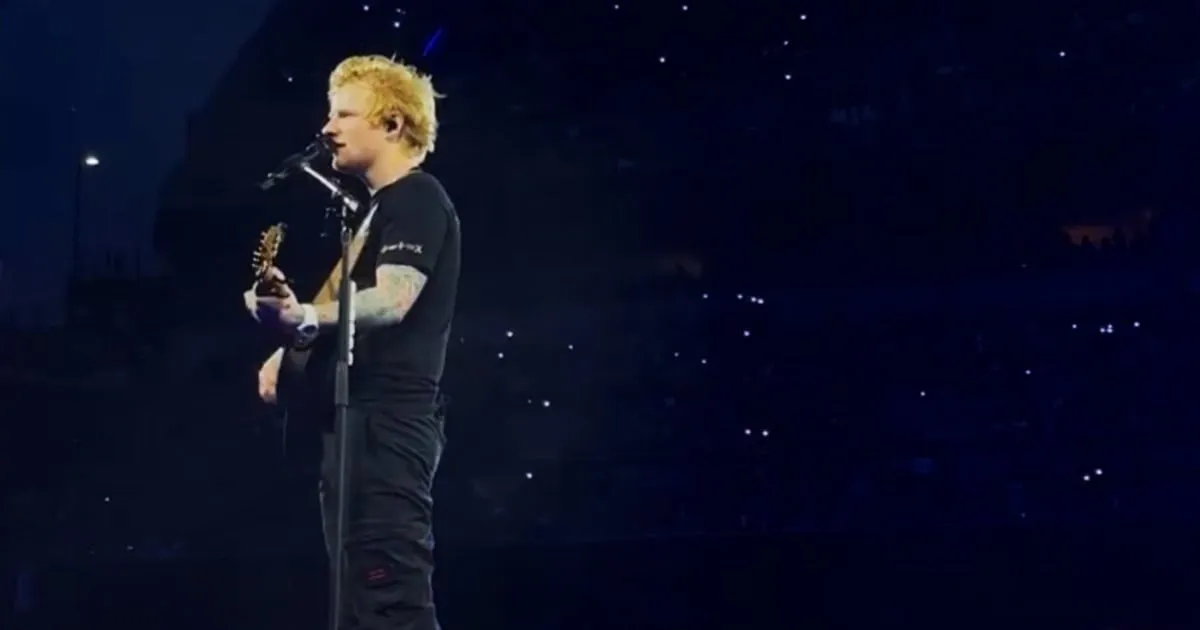As music formats shift and transform in ways that upend previously lucrative business models, many musicians cry out in despair and claim that shifts in consumer behavior indicate that music has been devalued. Yet a new campaign in the U.S. maintains that the shift to digital music has only increased its worth and presence in our daily life. "Music Matters US" hopes to remind us that music matters in our lives and encourages everyone to enjoy legal digital music services but is their desire to control consumers blinding them to actual consumer behavior and effective means for encouraging legal ecommerce?
Music Matters – Nina Simone
The Music Matters campaign began in the UK in 2010, extended to Australia and New Zealand not long after and now finds a place in the States at Music Matters US.
The campaign was launched here late last week in a joint effort by the Recording Industry Association of America (RIAA), NARM, the "Music Business Association," and its digital counterpart digitalmusic.org.
The new website for Music Matters US features extremely basic educational information about digital music and a directory of legal music services. These services include options for digital downloads and online streaming including Beatport, iTunes, MOG and YouTube. Services that supply ringtones and even select sources of CDs and vinyl are also included such as Myxer and Record Store Day retailers.
In addition, a section of videos from the UK site, including the Nina Simone video above, are presented. The site for Australia and New Zealand has a few more.
What I don't undertand is how they'll actually reach their apparent target audience, people who are into digital music but aren't aware of the legal options or, more logically, the distinction between legal and illegal options, nor what would happen if they did. Directories of websites haven't done much in the consumer space in a long time and given that so many people who download music illegally don't think of it as stealing, it doesn't strike me as a convincing campaign at this stage.
Honestly, neither does the more developed "Give the Gift of Music" joint campaign previously supported by the RIAA and NARM. These campaigns seem to focus more on the psychology of caring, possibly in order to trigger a guilt mechanism, rather than the psychology of shopping on the web and that just translates into a propagandistic vibe.
That approach is not so surprising from the RIAA given their rigid view of music consumers and their ideological take on research about music purchases by filesharers.
In addition, the RIAA's ongoing lawsuits against music fans undermine any such feel good campaign. In fact, for a great example of how even implied legal threats destroys dialogue and stamps "bully" on one's brand, just look at the use of the term "libel" in the comments to this post about internet radio royalties. Everyone hates a bully who cannot make the transition to positive leadership unless that bully functions as a mouthpiece for their own beliefs.
When ideology blinds you to actual human motivation and behavior and you are considered to be a bully or to associate with bullies, how can you change consciousness and action without creating a police state? And isn't all that time and money being wasted when you could be focusing on ecommerce as a way to meet people's needs rather than as a tool to assuage manufactured guilt?
I say these things not in a spirit of discussing differing views because the situation is now so polarized that such dialogue is impossible. Rather I seek to encourage those puzzling with the best way to move forward given actual human behavior to keep going even in a climate of despair, intransigence and ill will.
More:
- Column: Why Music (Really) Matters…
- NARM Launches Digitalmusic.org
- Digitalmusic.org Launches Music API Directory
Hypebot Senior Contributor Clyde Smith (Twitter/App.net) blogs about music crowdfunding at Crowdfunding For Musicians (@CrowdfundingM). To suggest topics for Hypebot, contact:
clyde(at)fluxresearch(dot)com.




